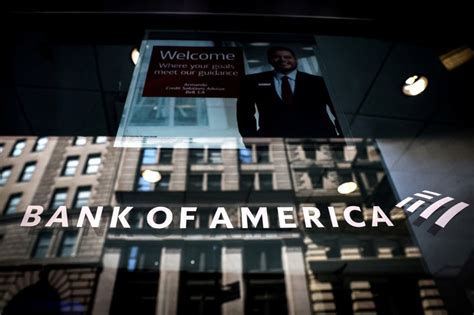Bank of America recently made a significant decision that sent ripples through the retail industry. The financial giant decided to slash the target for furniture retailer RH by a staggering $280. This move came as a shock to many investors and analysts, leading to a flurry of discussions and speculations in the market.
This Is What Happened
The abrupt reduction in RH’s target by BofA was primarily attributed to the looming impact of tariffs. As trade tensions continue to escalate on a global scale, companies across various sectors are feeling the heat. The furniture industry, in particular, is facing challenges due to increased tariffs on imported goods.
Expert Analysis
According to industry experts, the trade war between major economies has created an atmosphere of uncertainty and instability for businesses worldwide. This environment makes it difficult for companies like RH to make long-term strategic plans and projections. As a result, financial institutions like Bank of America are forced to adjust their forecasts based on this ever-changing landscape.
The Ripple Effect
The decision by BofA not only impacted RH’s target but also had broader implications for the retail sector as a whole. Investors closely monitoring the situation began reevaluating their positions in similar companies vulnerable to tariff fluctuations. This sudden shift in confidence reverberated through the stock market, causing fluctuations in share prices and trading volumes.
Market Response
Following BofA’s announcement, RH experienced fluctuations in its stock price as investors digested this new information. The market response was mixed, with some shareholders choosing to sell off their holdings out of caution while others saw this as an opportunity to buy low before potential rebounds.
The Future Outlook
Looking ahead, analysts are closely watching how RH navigates these turbulent waters and adjusts its business strategies accordingly. With continued uncertainties surrounding tariffs and global trade policies, companies must remain agile and adaptive to survive in today’s volatile economic climate.
In conclusion, Bank of America’s decision to reduce RH’s target serves as a stark reminder of the far-reaching consequences of geopolitical events on businesses worldwide. As stakeholders continue grappling with ongoing trade tensions, only time will tell how companies like RH weather these storms and emerge stronger on the other side.



Leave feedback about this